01 - Iranian Nuclear Deal: Challenges for Regional and Global Strategic Management...
http://dx.doi.org/10.31703/gpr.2017(II-I).0110.31703/gpr.2017(II-I).01 Published : Dec 2017
-
Reza Shah Pahlavi laid the foundations of the Iranian nuclear quest in the 1950s by getting nuclear assistance under reciprocal arrangements in the US-sponsored Atom for Peace program. Iran is a signatory of the NonProliferation Treaty (NPT) since 1970, and by their perspective, all protocols under NPT have fully complied. The 1979 revolution in Iran proved a watershed in relations with the USA du... Details
-
Peaceful nuclear program, nuclear proliferation, the nuclear deal
-
(1) Waseem Ishaque
Assistant Professor, Department of IR, National Defence University, Islamabad, Pakistan.
(2) Syed Jawad Shah
Assistant Director Research, Department of ISSRA,NDU, Islamabad, Pakistan.
(3) Aman Ullah
Ministry of Interior,Government of Pakistan, Islamabad, Pakistan.
02 - Pakistan's Strategic Insufficiency as a Dilemma for the Regional Integration ...
http://dx.doi.org/10.31703/gpr.2017(II-I).0210.31703/gpr.2017(II-I).02 Published : Dec 2017
-
Chahbahar, being part of an Indian grand design is playing its role for counter weighing to Gwadar Port whereas it also provides India with easy access to Afghanistan and CARs. On the other hand, Pakistans geo-political positioning has been revolving around its anomalous and eccentric relations with various states. The prime rationale for state relations and relevant alliances with states was to m... Details
-
Integration Chahbahar, Gwadar, Deficiencies, Geo-Strategic Competition
-
(1) Hikmat Shah Afridi
PhD,Department of International Relation, International Islamic University Islamabad, Pakistan.
(2) Shabana Khan
MPhil Scholar,Qurtaba University of Science and Information Technology,DI Khan, KP, Pakistan.
(3) Sobia Jamil
PhD Scholar, Faculty of Law,nternational Relations, University Sultan Zainal Abidin, Terengganu, Malaysia.
03 - Indian Response to Chinese String of Pearls Doctrine...
http://dx.doi.org/10.31703/gpr.2017(II-I).0310.31703/gpr.2017(II-I).03 Published : Dec 2017
-
The paper explores the origin and analysis of the so-called Beijings String of Pearls doctrine that refers to the Strait of Malacca, Bangladesh, Myanmar, Sri Lanka, Pakistan, the Maldives, the Strait of Hormuz, Sudan, Kenya, Somalia and IOR. The paper further elaborated on the Indian response to the Chinese String of Pearls Doctrine by countering through Indian Act East Policy, investing in the Ir... Details
-
String of Pearls, China, India, Pakistan, Indian Ocean Region, CPEC
-
(1) Ijaz Khalid
PhD Scholar, Department of Political Sciences, Abdul Wali Khan University, Mardan, KP, Pakistan.
(2) Shaukat
Lecturer,Department of Political Science,Abdul Wali Khan University Mardan, Mardan, KP, Pakistan.
(3) Azka Gul
Research Scholar, Department of International Relations,COMSATS, Islamabad, Pakistan.
04 - SAARC: An Evaluation of its Achievements, Failures, and Compulsion for Cooperati...
http://dx.doi.org/10.31703/gpr.2017(II-I).0410.31703/gpr.2017(II-I).04 Published : Dec 2017
-
This study explains the concept of Association and procedure of SAARC (South Asian Association for Regional Cooperation) cooperation in the South Asian region and tries to find a solution as to why India and Pakistan are initially unwilling to join the regional cooperation, and when and how regional cooperation is possible. A qualitative research method is used to evaluate the success and failure ... Details
-
SAARC, South Asia, Cooperation, Failure, Indian Hegemonic Design
-
(1) Muhammad Muzaffar
Assistant professor,Department of Political Science and IR, GC University Faisalabad, Punjab, Pakistan.
(2) Iqra Jathol
M. Phil Scholar,Department of Political Science, Minhaj University Lahore, Punjab, Pakistan.
(3) Zahid Yaseen
Assistant Professor, Department of Political Science, GC Women University Sialkot, Punjab, Pakistan.
05 - Afghanistan in the Historical Perspective...
http://dx.doi.org/10.31703/gpr.2017(II-I).0510.31703/gpr.2017(II-I).05 Published : Dec 2017
-
Afghanistan is having a very long historical background. It dates back to 1500 BC when Islam was far away from this region. Different dynasties established their foundations and were ruined away. The paper brings into light major common factors among Pakistan and Afghanistan. It l highlights the past of Afghanistan before the Islamic period and after the arrival of Islam in this region. Especially... Details
-
Pre-Islamic period, Post-Islamic period, historical background, Muslim rulers
-
(1) Huma Qayum
PhD Political Science and Visiting lecturerDepartment of Politics and IR,International Islamic University Islamabad, Pakistan.
(2) Zahir Shah
Assistant Professor,Department of Political Science,Abdul Wali Khan University, Mardan, KP, Pakistan.
(3) Jan Alam
Research Scholar, Department of Political Science, Abdul Wali Khan University, Mardan, KP, Pakistan.
06 - Jirga and Sharitization: An Analysis of Maraka in District Karak...
http://dx.doi.org/10.31703/gpr.2017(II-I).0610.31703/gpr.2017(II-I).06 Published : Dec 2017
-
This paper aims at analyzing the traditional processes of conflict resolution in Pukhtoon society. The institution under study is Jirga an essential element of Pukhtunwali. By using Karak district in Khyber Pakhtunkhwa as a case study, this paper explores Maraka a form of Jirga that dispenses justice at a local level on the basis of Pukhtunwali and Shariah. This study found that the current confli... Details
-
Jirga, Maraka, Conflict Resolution, Shariatization, Karak, Pukhtunwali.
-
(1) Wajid Mehmood
Assistant Professor, Department of Political Science,FATA University FR Kohat. KP, Pakistan.
(2) Syed Imran Haider
Assistant Professor, Department of Sociology, Social Work and Population Studies, Allama Iqbal Open University, Islamabad, Pakistan.
(3) Rashid Ali
Associate Professor,Department of Sociology, Abdul Wali Khan University, Mardan, KP, Pakistan.
07 - Geneses, Causes, and Ramification of Militancy in FATA in the Post 9/11 Scenario...
http://dx.doi.org/10.31703/gpr.2017(II-I).0710.31703/gpr.2017(II-I).07 Published : Dec 2017
-
The basic aim of the paper is to highlight the impacts of militancy on the Federally Administrated Tribal Area. Strategically the area is very important, and it is situated between Afghanistan and Pakistan. The area also played a very important role in the Soviet invasion of Afghanistan. Before and after 9/11 most of the militants fled to the Tribal areas of Pakistan to seek shelter. The area was ... Details
-
Militancy, FATA, Military operations, Maliks, Pkahtunwali, Terrorism
-
(1) Khan Faqir
Assistant Professor, Pakistan Study Centre,University of Peshawar, KP, Pakistan.
(2) Bilal Haider
Lecturer, Pakistan Study, Postgraduate Government College Landi Kotal, District Khyber, KP, Pakistan.
(3) Sumbal Jameel
Research Scholar, Department of Political Science,Abdul Wali Khan University, Mardan, KP, Pakistan.
08 - Saudi Arabia, Iran and Middle East - A Dilemma...
http://dx.doi.org/10.31703/gpr.2017(II-I).0810.31703/gpr.2017(II-I).08 Published : Dec 2017
-
The Middle East encountering a time of dynamic change, testing the universal methodologies of each nearby states. New challenges, opportunities, and dimensions are emerging for the regional and extra-regional states which are driving their foreign policies and making new alliances regionally. Saudi-Iranian relations are one of the most significant competitions characterizing the vital scene of the... Details
-
ran, Saudi Arab, region, Gulf, Hegemony, Security
-
(1) Noor Fatima
Assistant Professor,Department of Politics and IR.nternational Islamic University. Islamabad, Pakistan.
(2) Sania Zehraa
PhD Scholar,Department of Political Science, International Islamic University, Islamabad, Pakistan.
(3) Muhammad Shoaib Malik
Assistant Professor,Department of Pakistan Studies, National University of Modern Languages Islamabad, Pakistan.
09 - United States-North Korea Rapprochement: Averting a Nuclear Holocaust...
http://dx.doi.org/10.31703/gpr.2017(II-I).0910.31703/gpr.2017(II-I).09 Published : Dec 2017
-
The situation in the Korean Peninsula has generally remained uncertain since the time of the Korean war. President Trumps proverbs of fire and fury, Rocket Man and now a valuable partner are gradual transformations, which have been appreciated by the world at large, yet fragility and lack of trust among the key contenders North Korea (DPRK), USA and South Kora may lead to strategic miscalculation ... Details
-
Trust Building, Peace and Stability, De-nuclearization
-
(1) Aman Ullah
Ministry of Interior, Government of Pakistan, Islamabad, Pakistan.
(2) Waseem Ishaque
Assistant Professor,Department of IR, National Defence University, Islamabad, Pakistan.
(3) Muhammad Usman Ullah
Junior Research Fellow, Humanity Research Council, Islamabad, Pakistan.
10 - The Region of Pakistan, China, and India: Geopolitical Currents after the Cold W...
http://dx.doi.org/10.31703/gpr.2017(II-I).1010.31703/gpr.2017(II-I).10 Published : Dec 2017
-
After the Cold War Pakistan, China and India had opportunities to adjust each other according to the geopolitical trends of the time. In the post-Cold War era, there was no Soviet Union to influence relations between India and China. On the other side, Pakistan did not lose its Cold War ally, United States; to make independent relations in the region on its choices. American sanctions would turn P... Details
-
Pakistan, India, China, Geopolitics, Agreement, Bilateral, Dispute Cold War Region.
-
(1) Khurshaid
Lecturer,Department of International Relations,University of Peshawar, Peshawar, KP, Pakistan.
(2) Ahmad Ali
Assistant Professor, Department of IR, National Defence University, Islamabad, Pakistan.
(3) Syed Ali Shah
Assistant Professor,Department of Political Science, Abdul Wali Khan University, Mardan, KP, Pakistan.
11 - Dynamics of Interest in Central Asia...
http://dx.doi.org/10.31703/gpr.2017(II-I).1110.31703/gpr.2017(II-I).11 Published : Dec 2017
-
This research is an endeavour to examine the dynamics of interest determining the complex political situation in Central Asia. These states have come into being from the trauma of freedom and became the master of their own destinies. The region has energy resources which attract the other countries of the world to get access to them. Many world countries such as Pakistan, Iran, India, China, U.S. ... Details
-
Central Asia, Pakistan, USA, Russia, Iran
-
(1) Muhammad Ayaz Khan
Assistant Professor (HOD), Department of Political Science, Hazara University, Mansehra, KP, Pakistan
(2) Sajid Hussain
Assistant Professor, Department of Political Science, University of Swabi, Swabi, KP, Pakistan.
(3) Abdur Rehman
Professor, Department of Political Science, Hazara University, Mansehra, KP, Pakistan
12 - The Rise of Jihad in the Pakhtun Region: The Role of Culture...
http://dx.doi.org/10.31703/gpr.2017(II-I).1210.31703/gpr.2017(II-I).12 Published : Dec 2017
-
Using secondary data, the study is an attempt to analyze the rise of jihad in the Pakhtun region. The objective is to investigate the transformation of jihad and the role of Pakhtun culture in the process. The study provides a thorough analysis of the historical background of Jihadi activities in the region, the role of religious figures, the establishment and role of the Darul Uloom Deoband befor... Details
-
Jihad, Religion, Pakhtuns, Pakhtun Culture, Terrorism, Pakistan
-
(1) Abdul Shakoor
Assistant Professor/Chairman, Department of International Relations, Abdul Wali Khan University Mardan, (AWKUM), KP, Pakistan.
13 - The Modern State, the Politicization of Sufi Rituals, and the Local Religious Au...
http://dx.doi.org/10.31703/gpr.2017(II-I).1310.31703/gpr.2017(II-I).13 Published : Dec 2017
-
The modern state that developed in the Indian subcontinent after the arrival of colonial power in the region had profound effects on the internal religious-spiritual matters of Sufi shrines. The Chishti Sufi shrine of Baba Farid, in Pakpattan, also heavily affected by the emergent state's policies in all respects. The state's intrusion into the ritualistic matters of the shrine has gradually reduc... Details
-
Auqaf Department, Bahishti Darvaza, Chishti Sufism, dastarbandi, modern state, Pakpattan, Sufi rituals, shrine of Baba Farid, sajjada-nishin, langar-khana
-
(1) Muhammad Mubeen
Assistant Professor, Department of Humanities, COMSATS Institute of Information Technology, Islamabad, Pakistan.
14 - Issues and Challenges in Countering Transnational Organized Crimes: Implications...
http://dx.doi.org/10.31703/gpr.2017(II-I).1410.31703/gpr.2017(II-I).14 Published : Dec 2017
-
Insecure borders always provide passage to criminals for their institution. Borders depict the geographical limits of a particular state and determine its power and functioning in a region. Internal security of the country cannot be assured until its boundaries are not regularized. Countries like Afghanistan and Pakistan having numerous social, economic, and security challenges serve as an avenue ... Details
-
Afghanistan and Pakistan National AntiNarcotics Policy, Cannabis, Chemical Precursors, Drug Trafficking, Opium, Illegal Trade, Socio-Economic Conditions, Transnational Crimes
-
(1) Sohail Ahmad
Assistant Professor, Department of Humanities, COMSATS Institute of Information Technology Islamabad, Pakistan.
(2) Mahwish Bakht
Candidate MSIR, COMSATS Institute of Information Technology Islamabad, Pakistan.
(3) Inayat Kalim
Assistant Professor, Department of Humanities, COMSATS Institute of Information Technology Islamabad, Pakistan.
15 - Insanity As A Legal Defense From A Historical Perspective...
http://dx.doi.org/10.31703/gpr.2017(II-I).1510.31703/gpr.2017(II-I).15 Published : Dec 2017
-
Crime and punishment go hand in hand. A crime is human conduct, prohibited by law, which harms the community at large and is, therefore, taken more seriously than a civil wrong that affects an individual or a particular group of individuals. Itis for some reason that, unlike a civil wrong, in the case of crime, thestate moves by itself against the wrongdoer and decides whether to prosecute him or ... Details
-
Insanity, Crime, Punishment, Human Conduct, Legal Defence
-
(1) Muhammad Siraj Khan
Nawab Allah Nawaz Khan Law College, Gomal University, Dera Ismail Khan, KP, Pakistan.
(2) Noman Gul
Nawab Allah Nawaz Khan Law College, Gomal University, Dera Ismail Khan, KP, Pakistan.
(3) Naghma Farid
Nawab Allah Nawaz Khan Law College, Gomal University, Dera Ismail Khan, KP, Pakistan.

 Volume X, Issue IV (Fall 2025)
Volume X, Issue IV (Fall 2025) 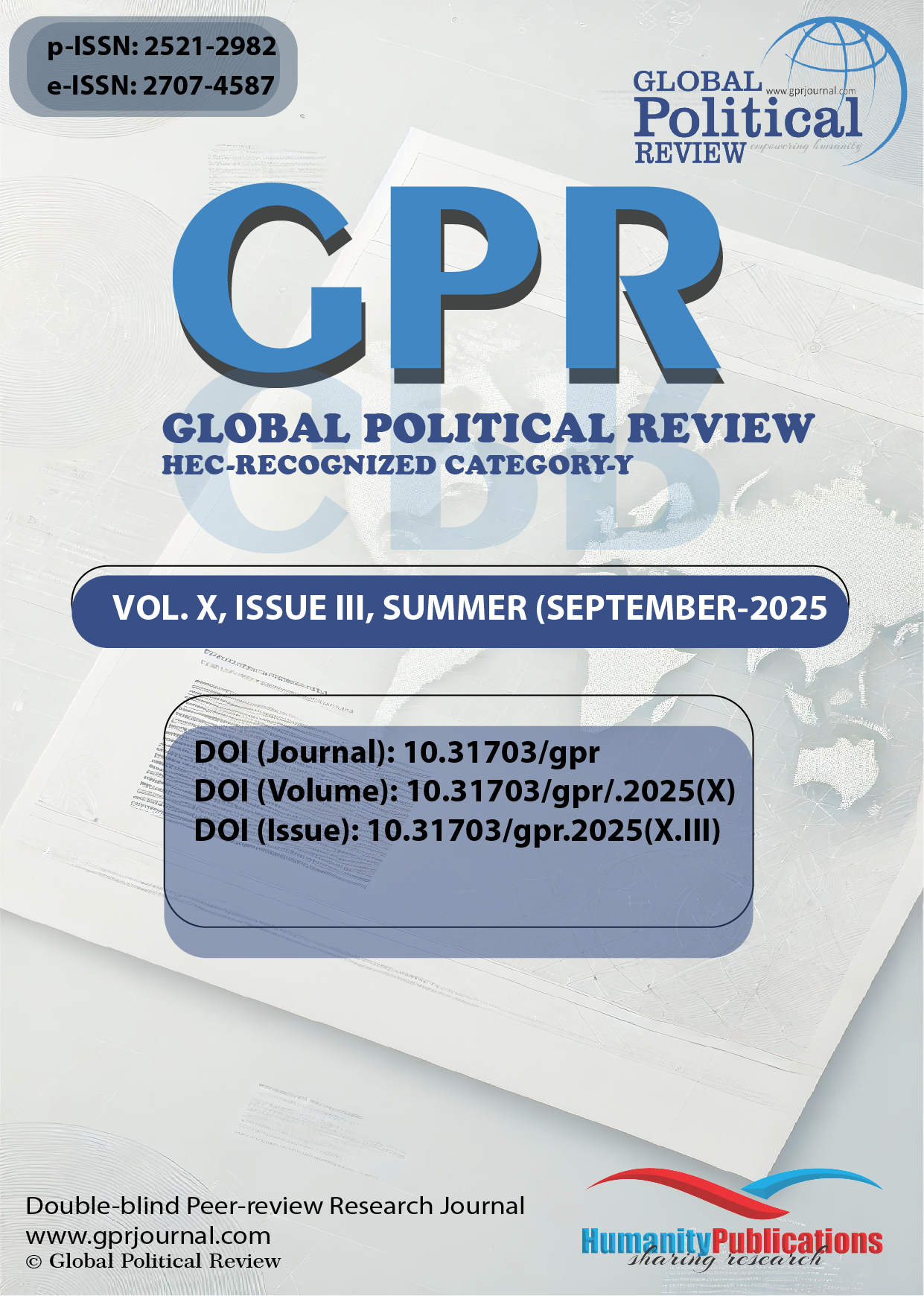 Volume X, Issue III (Summer 2025)
Volume X, Issue III (Summer 2025) 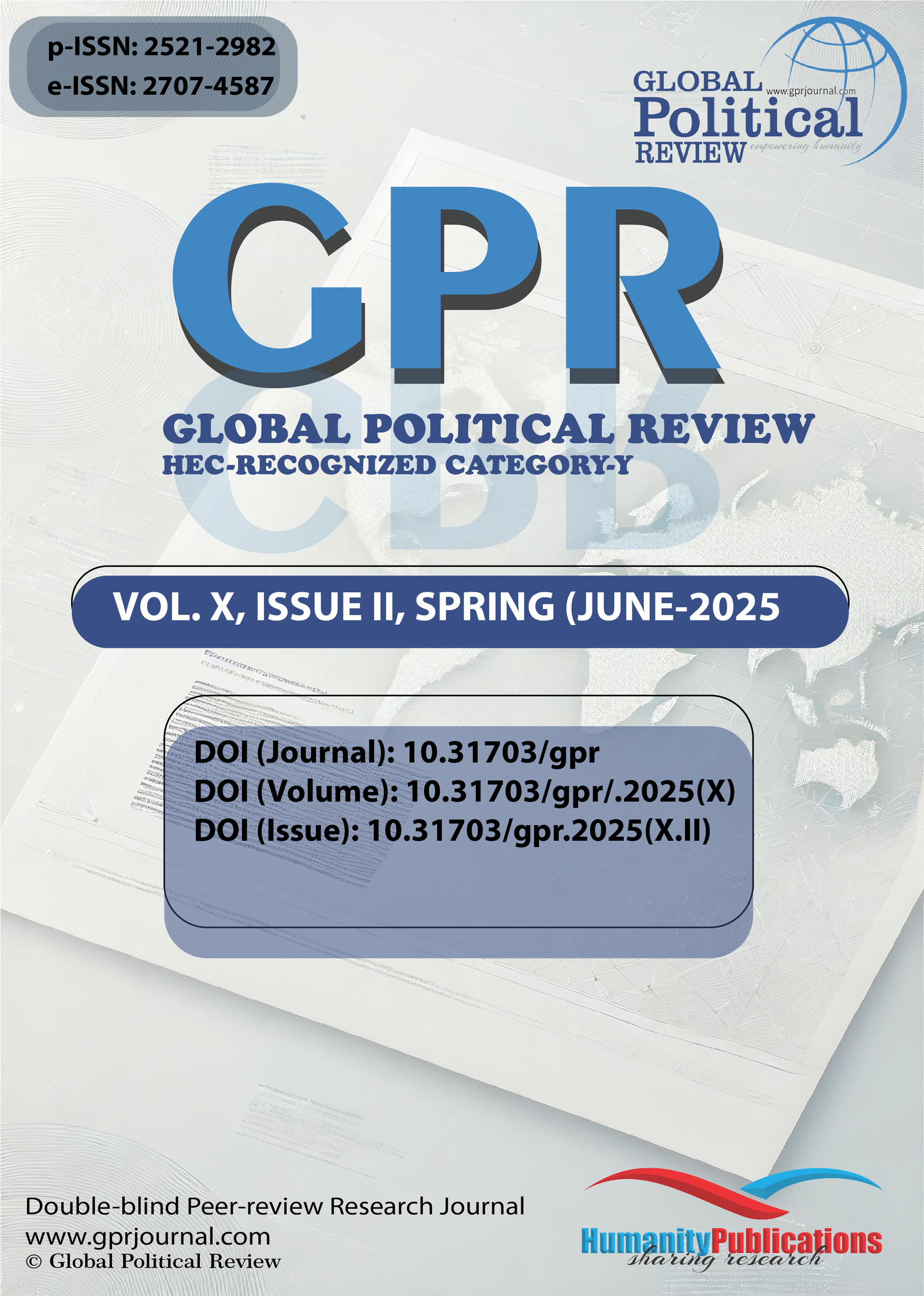 Volume X, Issue II (Spring 2025)
Volume X, Issue II (Spring 2025)  Volume X, Issue I (Winter 2025)
Volume X, Issue I (Winter 2025)  Volume IX, Issue IV (Fall 2024)
Volume IX, Issue IV (Fall 2024)  Volume IX, Issue III (Summer 2024)
Volume IX, Issue III (Summer 2024)  Volume IX, Issue II (Spring 2024)
Volume IX, Issue II (Spring 2024)  Volume IX, Issue I (Winter 2024)
Volume IX, Issue I (Winter 2024) 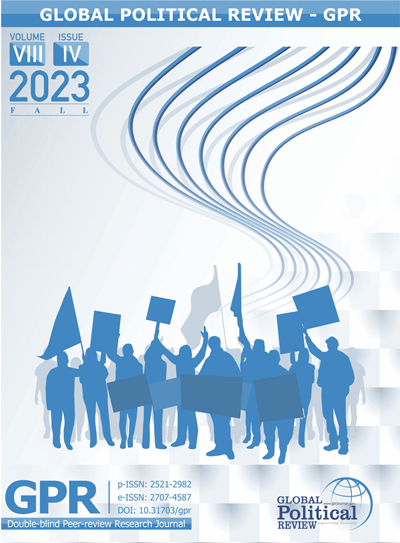 Volume VIII, Issue IV (Fall 2023)
Volume VIII, Issue IV (Fall 2023)  Volume VIII, Issue III (Summer 2023)
Volume VIII, Issue III (Summer 2023)  Volume VIII, Issue II (Spring 2023)
Volume VIII, Issue II (Spring 2023) 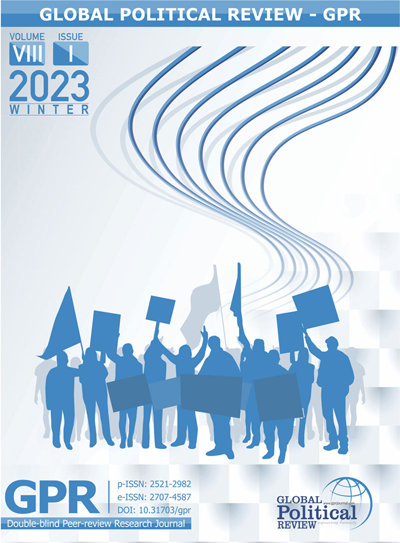 Volume VIII, Issue I (Winter 2023)
Volume VIII, Issue I (Winter 2023) 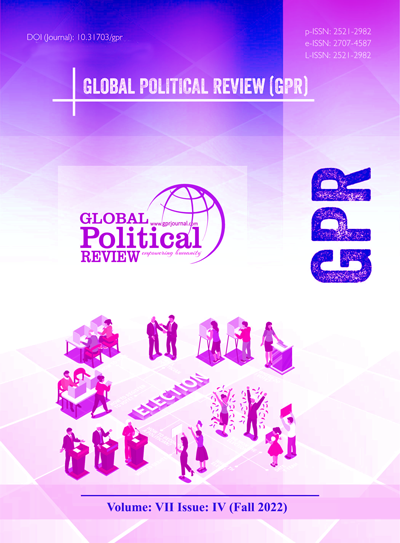 Volume VII, Issue IV (Fall 2022)
Volume VII, Issue IV (Fall 2022)  Volume VII, Issue III (Summer 2022)
Volume VII, Issue III (Summer 2022)  Volume VII, Issue II (Spring 2022)
Volume VII, Issue II (Spring 2022)  Volume VII, Issue I (Winter 2022)
Volume VII, Issue I (Winter 2022) 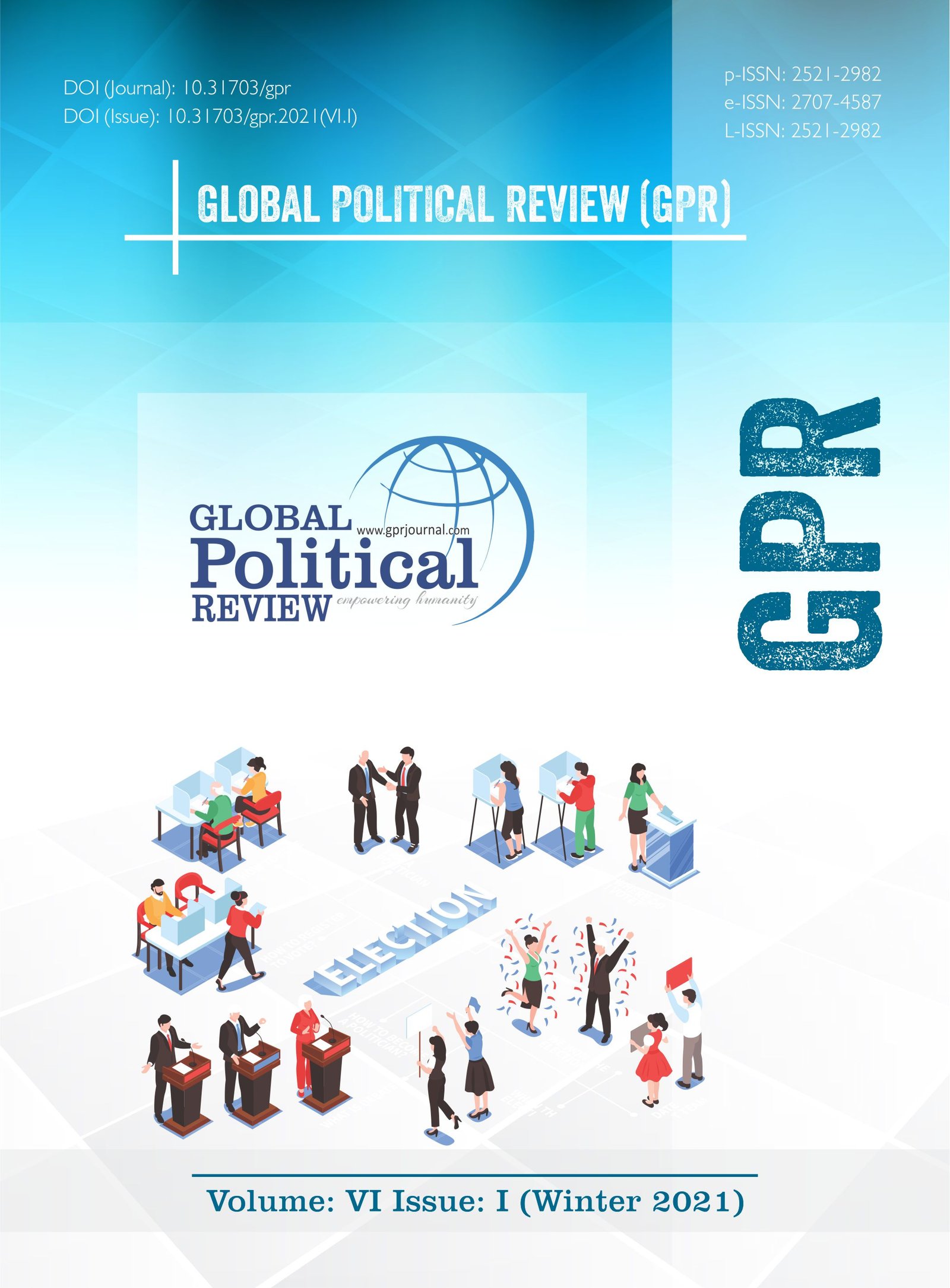 Volume VI, Issue IV (Fall 2021)
Volume VI, Issue IV (Fall 2021) 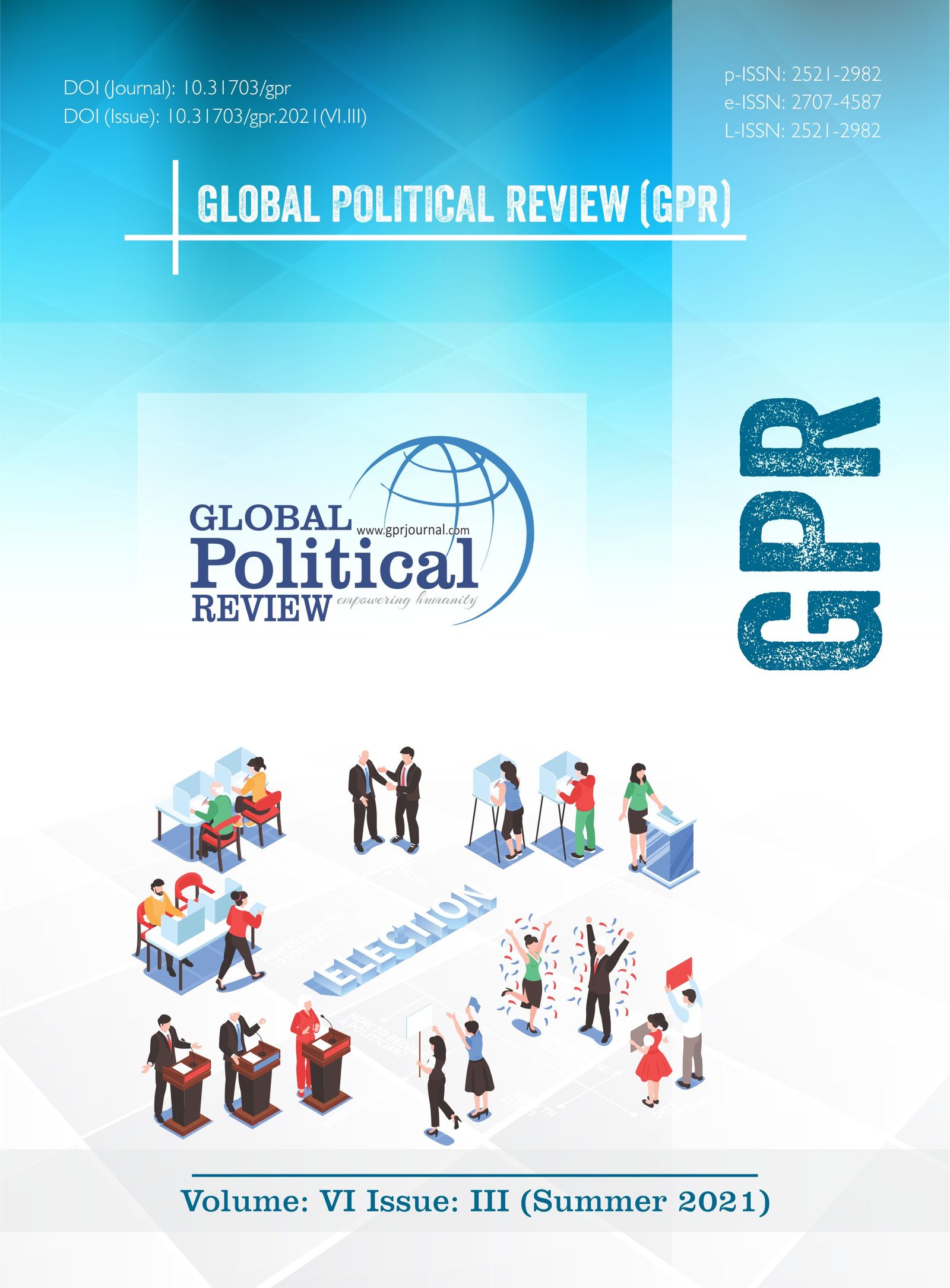 Volume VI, Issue III (Summer 2021)
Volume VI, Issue III (Summer 2021)  Volume VI, Issue II (Spring 2021)
Volume VI, Issue II (Spring 2021) 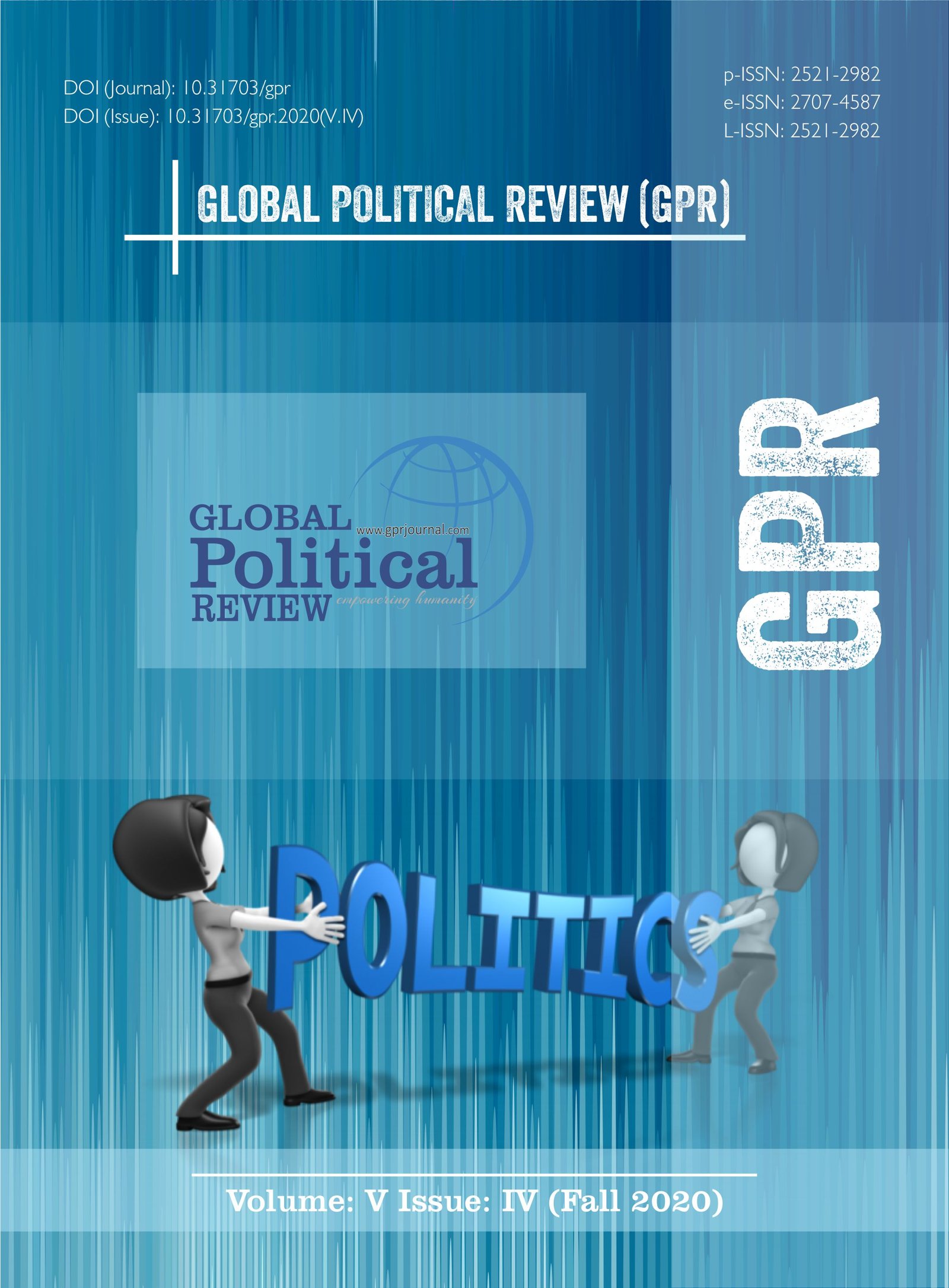 Volume V, Issue IV (Fall 2020)
Volume V, Issue IV (Fall 2020)  Volume V, Issue III (Summer 2020)
Volume V, Issue III (Summer 2020) 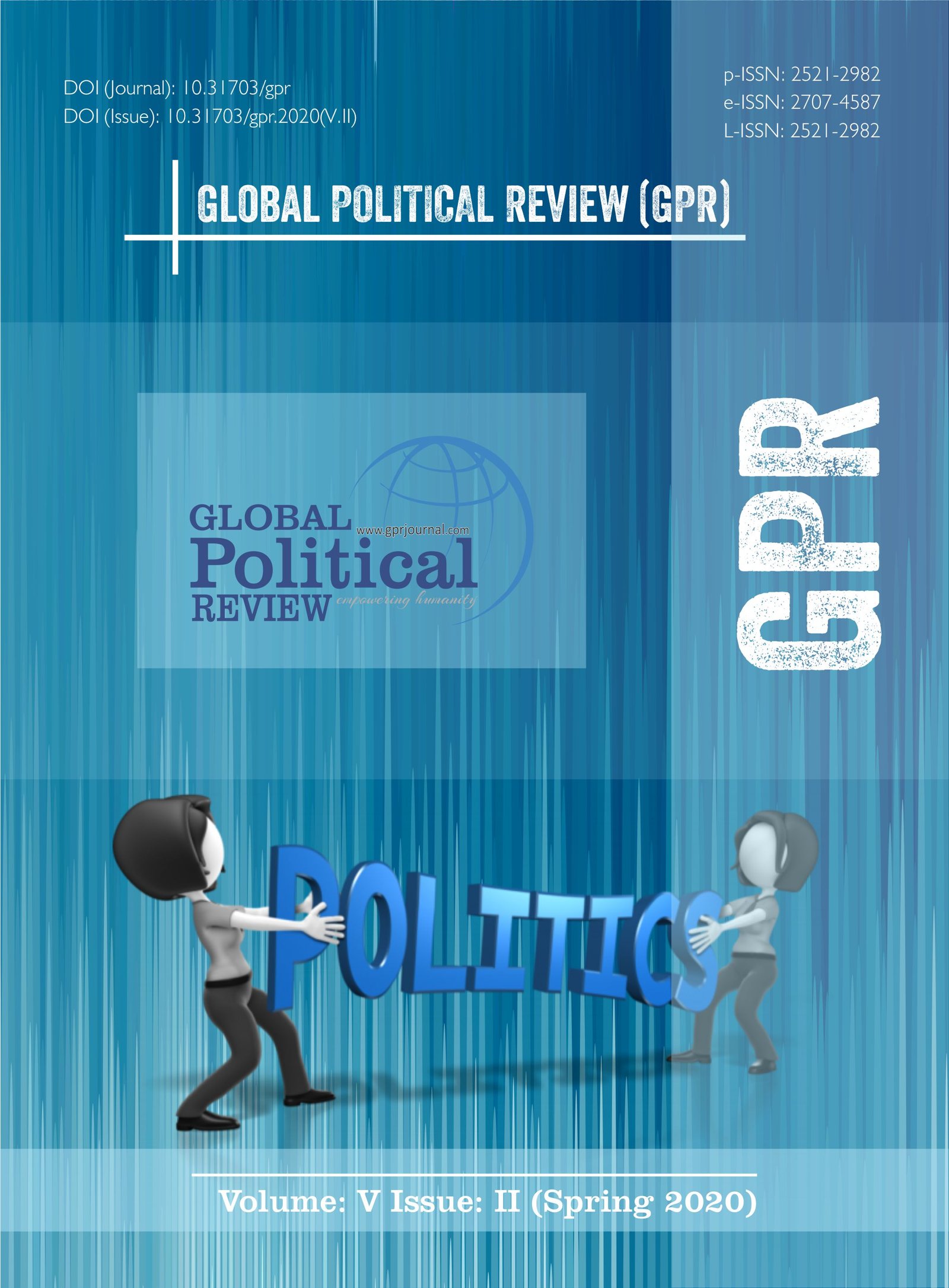 Volume V, Issue II (Spring 2020)
Volume V, Issue II (Spring 2020) 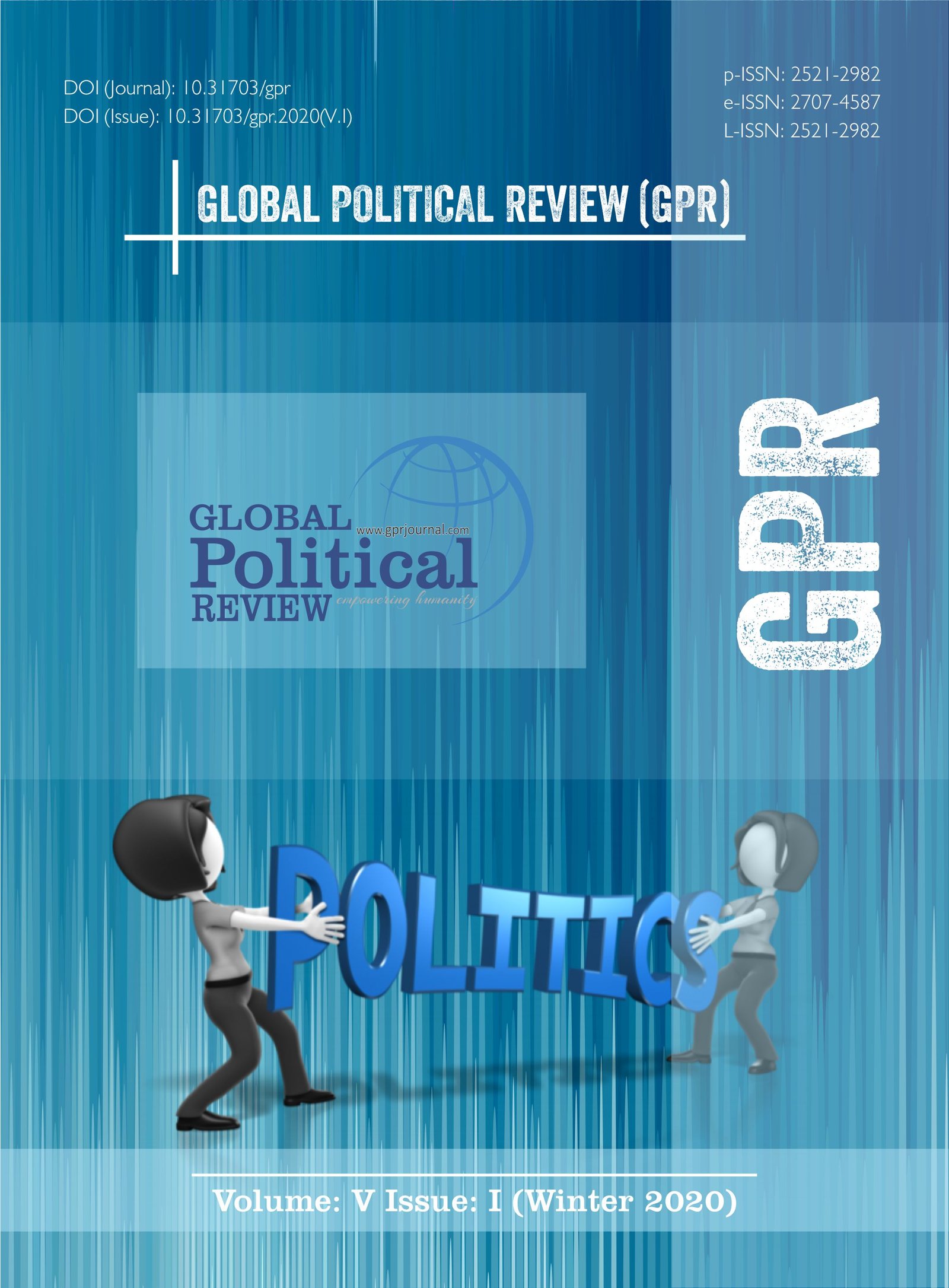 Volume V, Issue I (Winter 2020)
Volume V, Issue I (Winter 2020)  Volume IV, Issue IV (Fall 2019)
Volume IV, Issue IV (Fall 2019)  Volume IV, Issue III (Summer 2019)
Volume IV, Issue III (Summer 2019)  Volume IV, Issue II (Spring 2019)
Volume IV, Issue II (Spring 2019) 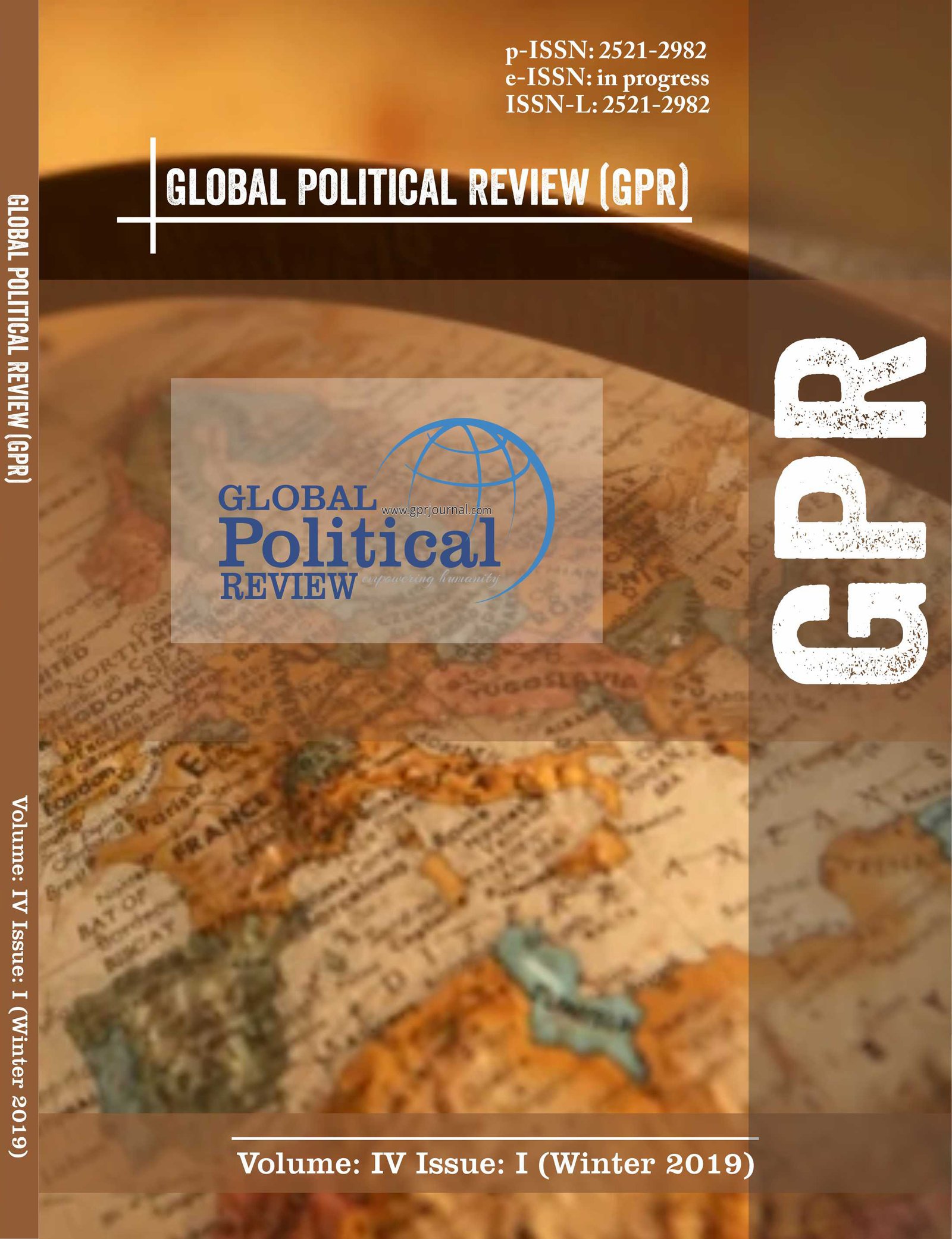 Volume IV, Issue I (Winter 2019)
Volume IV, Issue I (Winter 2019) 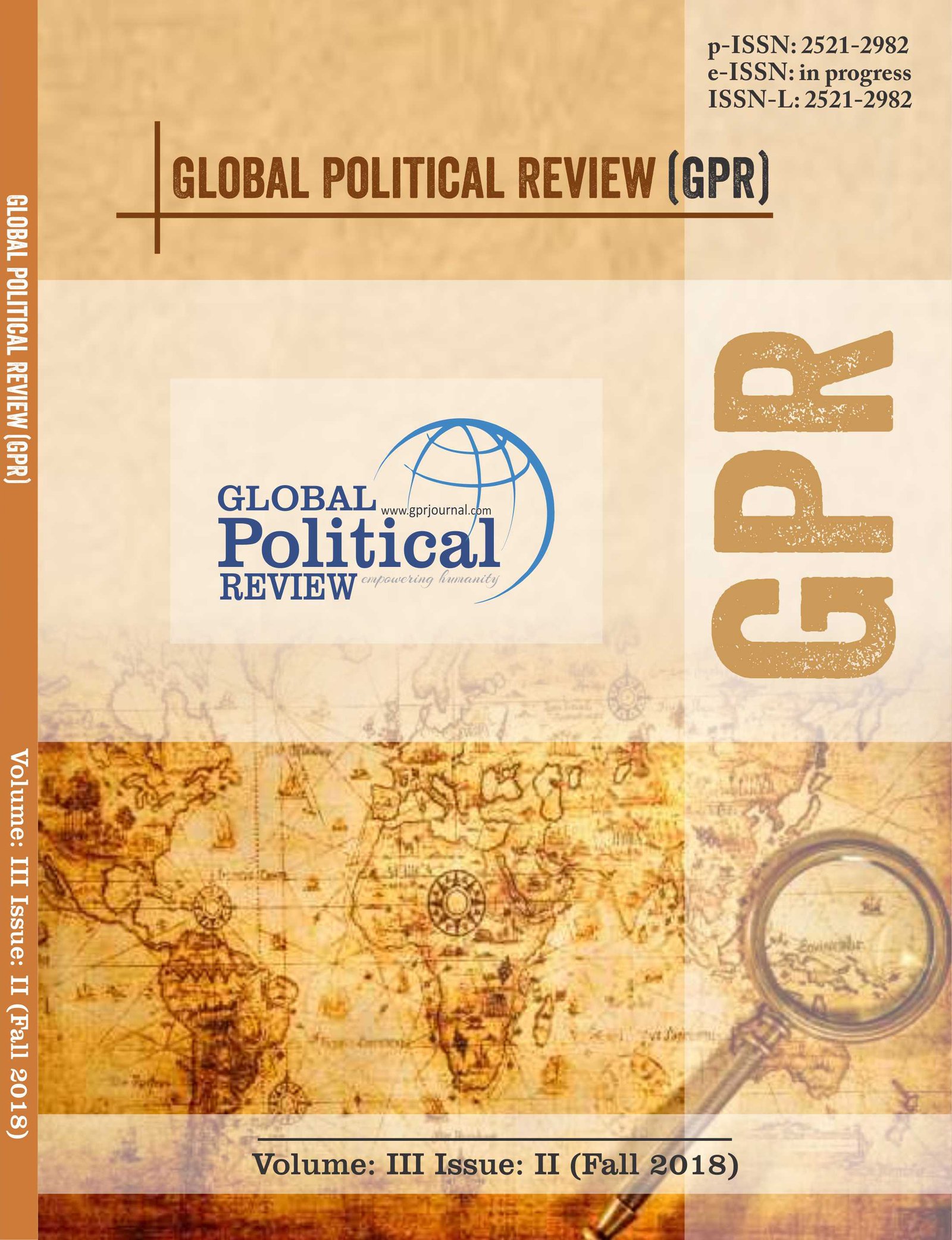 Volume III, Issue II (Fall 2018)
Volume III, Issue II (Fall 2018) 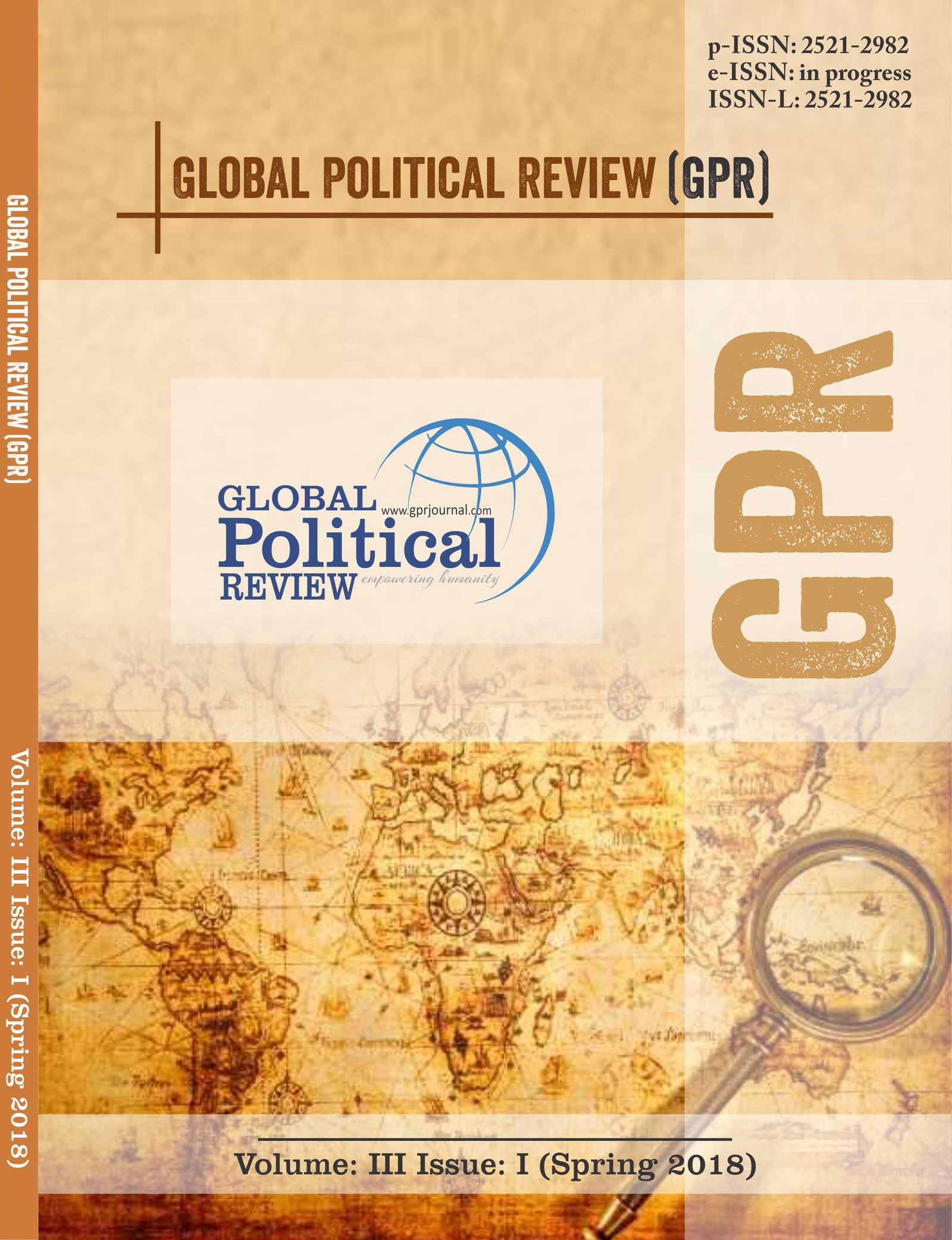 Volume III, Issue I (Spring 2018)
Volume III, Issue I (Spring 2018)  Volume II, Issue I (Fall 2017)
Volume II, Issue I (Fall 2017)  Volume I, Issue I (Fall 2016)
Volume I, Issue I (Fall 2016)